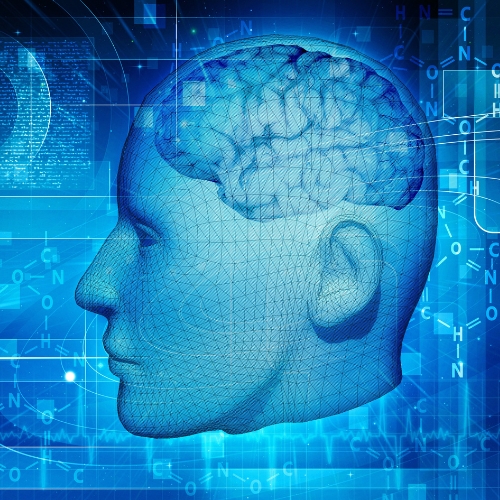Key points from article :
A recent study from University of California San Francisco (UCSF) suggests that major depressive disorder (MDD) can accelerate biological aging by approximately two years. Using an epigenetic clock called GrimAge, researchers assessed the biological age of 50 individuals with MDD and compared them to 63 healthy controls.
They extracted DNA from blood samples to estimate biological aging, instead of using brain tissue. The results revealed that people with MDD showed accelerated aging, about two years more than their chronological age. This supports earlier research showing that depression is linked to conditions often associated with aging, like cardiovascular disease and dementia.
However, the study found no direct correlation between the severity or duration of depression and the degree of accelerated aging. This means that while depression may cause faster aging, it’s difficult to predict how much aging acceleration a specific person might experience. The study also couldn't pinpoint which specific markers from GrimAge were responsible for this aging acceleration, likely due to the small sample size.
This research highlights the biological impact of depression beyond mental health, suggesting that it could lead to a higher risk of age-related diseases. The World Health Organization already recognizes depression as a leading contributor to global disability, and these findings provide new insights into its potential effects on cellular aging and lifespan. While more research is needed to fully understand the mechanisms behind this connection, this study provides important evidence linking depression and biological aging.
The findings were published in Nature Translational Psychiatry, and they offer a crucial step in understanding how depression influences overall health and mortality risks.






